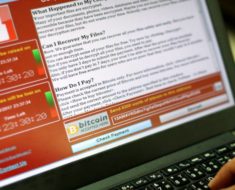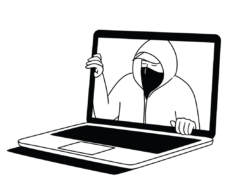A bipartisan project from Harvard University aimed at protecting elections from fraud, propaganda and hacking is set to release their reports today. The report is said to narrow down its focus on how elections in the US can be defended from cyber-attacks. The 27-page guidebook calls out political campaign leaders to insist on security from the very start. The guide also calls on the leaders to emphasize on advanced security measures such as the two-step verification when accessing documents and emails. Full messaging encryption using services such as Wickr and Signal are highly recommended. The guidelines intend to reduce the risks involved in local races with low budgets and the congressional midterm political contest set out for 2018. Most of the policies that are suggested in the guideline require little to no funds for implementation and may sometimes strike system security experts as pretty basic.
However, notorious cyber-attacks have in the recent past compromised the security and privacy of our politicians due to the absence of the most fundamental security features. These incidences include the leak of John Podesta’s emails. Podesta chaired the campaign team to Hillary Clinton’s presidential campaign. The Belfer Centre for Science and International Affairs is leading the ongoing efforts. The institution is based at the Harvard Kennedy School of Government and is drawing security executives from well-known corporations such as Facebook and Google. The guide is set to be available to the general public online. According to a National Security Agency veteran, Debora Plunkett, the Belfer Centre is comprised of experts and professionals who understand the fundamentals of systems security and Election’s system integrity. Plunkett noted that the goal of the project team was to produce an outline that was helpful, digestible and realistic. She also added that input from the country’s leadership was critical.
The guide is Belfer Center’s first effort in their four-month-long program of Defending Digital Democracy. The program comprises of top campaign officials from both the Democratic and Republican Parties. Another guidebook is set to be released this Spring and will target election officials who supervise the actual counting of votes. The new guide is arranged to deal with propaganda whose intentions are to dissuade or mislead voters or even cultivate suspicions on the integrity of the electoral process. The project has however not offered any advice on the internet firms that are currently under fire for allowing false claims and advertising from Russian companies polarize Americans.
Dil Bole Oberoi




